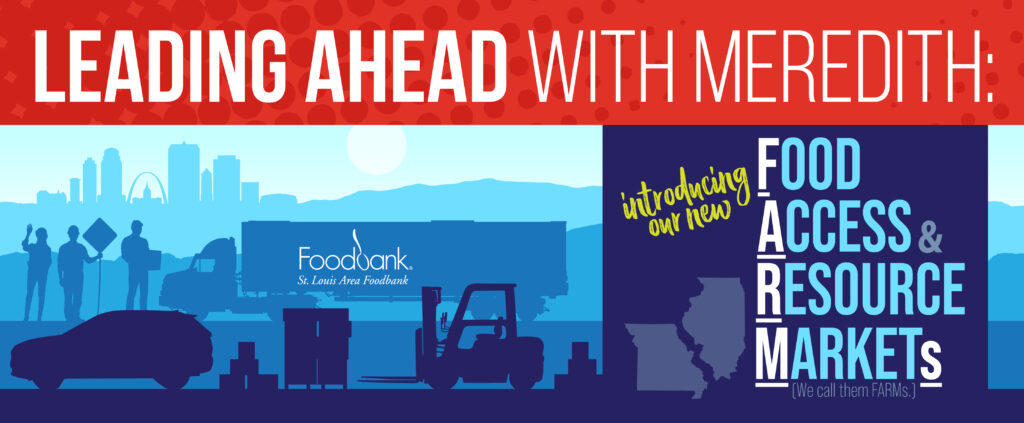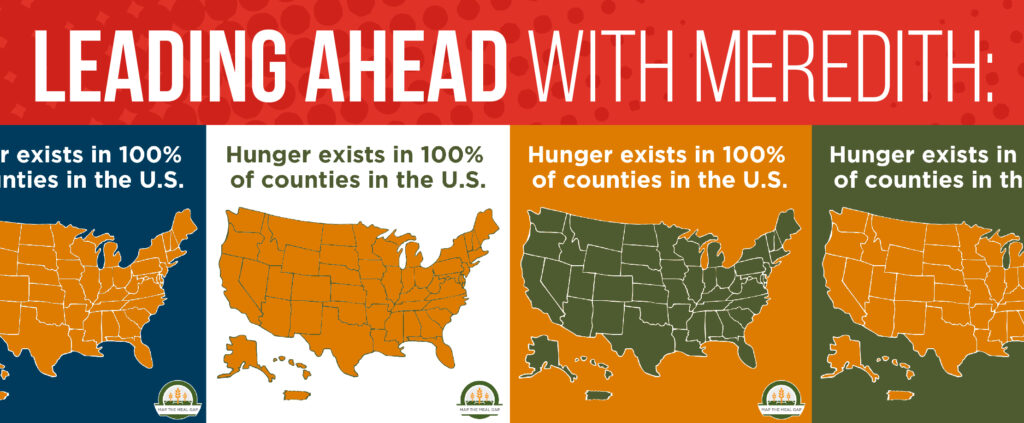Social networking platforms like Facebook, Twitter and Google Plus have become common in the workplace, even at nonprofit organizations. But as we use these new tools to spread awareness for our cause, we must consider the possible ethical implications for our clients, stakeholders, volunteers and the public.
Top Dos and Don’ts of Social Media Ethics
DON’T use the image of or information about a child (under 18) – even if they’re a volunteer – without at least verbal permission of a guardian. Better to be safe than sorry. For blogs, videos or detailed use, written permission is best. Detailed explanation here:https://communications-media.lawyers.com/privacy-law/Photography-or-Video-Taping-Consent.html
DON’T ever, ever offer clients, volunteers, donors or supporters perks or extra benefits in exchange for participating in interviews or social networking.
DON’T use a client’s personal story without written permission and their express understanding of how you plan to use their information.
DO treat others as you would want to be treated. If a photo of you in an awkward position went up on Facebook, how would you feel?
DO be transparent, accountable and honest! One of the biggest criticism’s of the now-famous Kony 2012 video was its’ lack of transparency and accountability with both stakeholders and the public. *Source 3
DO protect confidential details of your nonprofit. Be transparent about your organization WITHOUT compromising confidential details such as employees personal information!
DO be ready to back up anything you post. Remember, people are listening. So if you post or tweet, be ready in case you get a call from the media five seconds later – even if you thought the subject was insignificant!
DO think before you click! Even if you delete a post or update, someone may still have seen an error or mistype. Be particularly careful if you have a personal account AND an organization account – an oops tweet on the wrong account about your night of partying could be a real problem.
DO remember to keep your personal social networking accounts separate from your organization’s account. Don’t “friend” clients or volunteers on your personal accounts. They don’t need to see pictures of what you did last weekend.
DON’T post anything you wouldn’t say (or show) to your grandmother. Even if you have a personal social networking account, remember: this is the internet. NOTHING is really private.
DO respect donors. Some donors wish to remain anonymous. While thanking donors on social media is a valuable tool, verify that each donor is comfortable with the acknowledgement. *Source 2
DO check your facts! Even if you’re reposting or retweeting, make sure it is accurate information! Don’t send your loyal followers to an event that isn’t actually happening! Assume everyone out there is fact-checking every single post you make.
DO acknowledge mistakes. If and when you do make an error on a social media platform, acknowledge and fix the mistake in a timely and open manner.
DON’T post negative comments about a competitor, colleagues, sports teams. . . . or really anyone. You never end up looking like the good guy. So be nice!
DON’T automatically delete a negative comment posted by someone else about your nonprofit! If something negative is being shared, analyze it for credibility. If it is credible, respond to it IMMEDIATELY in an honest, positive fashion to show that you care about what is said concerning your cause, and that some type of action is being taken to improve. *Source 1
DO give credit where credit is due. If you re-use a quote, story, photo or blog, mention where you got it – or even better, link back to it!
DON’T violate copyright laws. Be particularly mindful of this with photos and articles on Pinterest and even Facebook.
DO go with your gut. If your gut is telling you that something feels iffy, refer to your organization’s legal counsel for advice.
Sources:
*1 https://socialmediatoday.com/node/481533
*2 https://www.councilofnonprofits.org/resources/resources-topic/ethics-accountability
*3 https://www.nonprofitcommunity.com/index.php/2012/03/14/in-the-news-authors-speak-out-about-kony-2012/
 Bethany Prange is the communications coordinator at the St. Louis Area Foodbank
Bethany Prange is the communications coordinator at the St. Louis Area Foodbank



